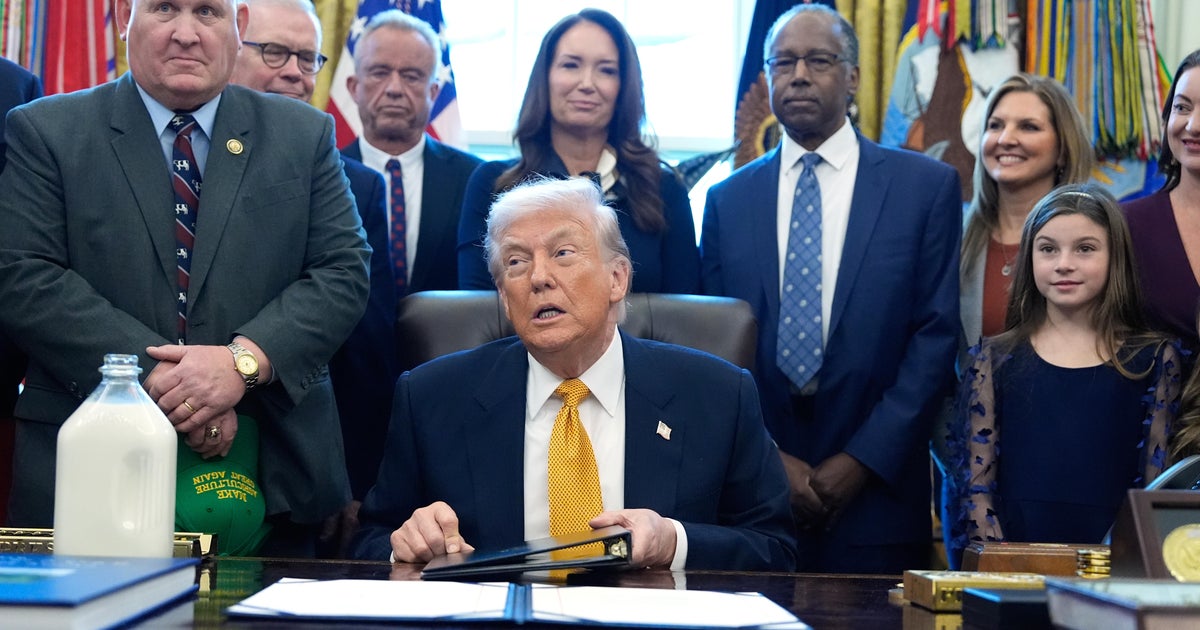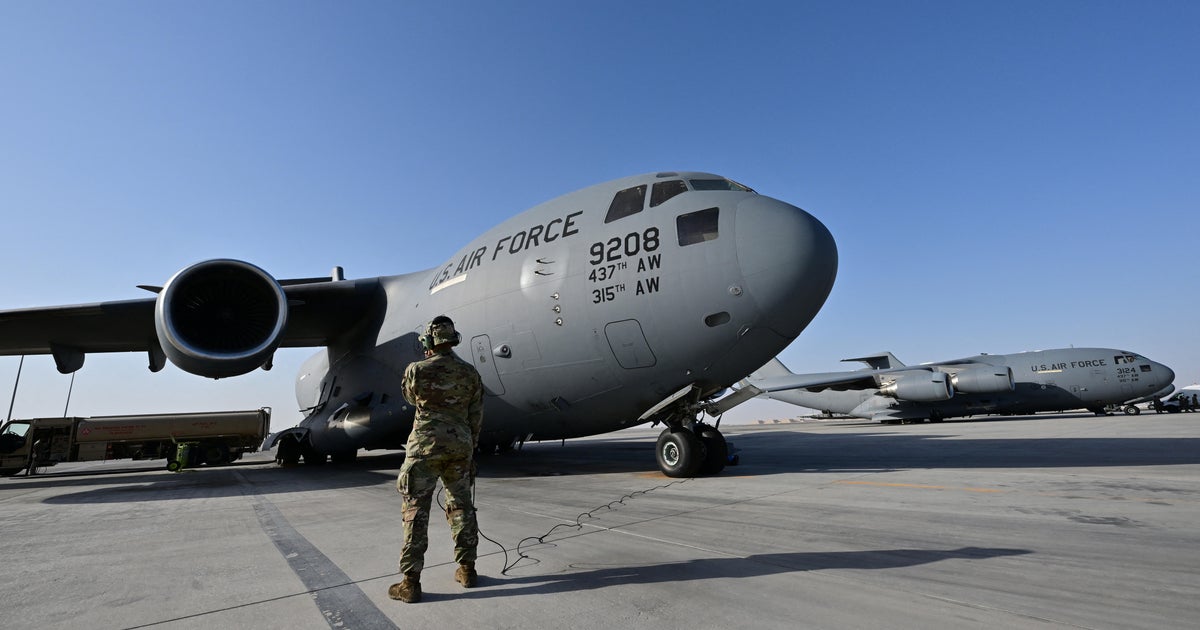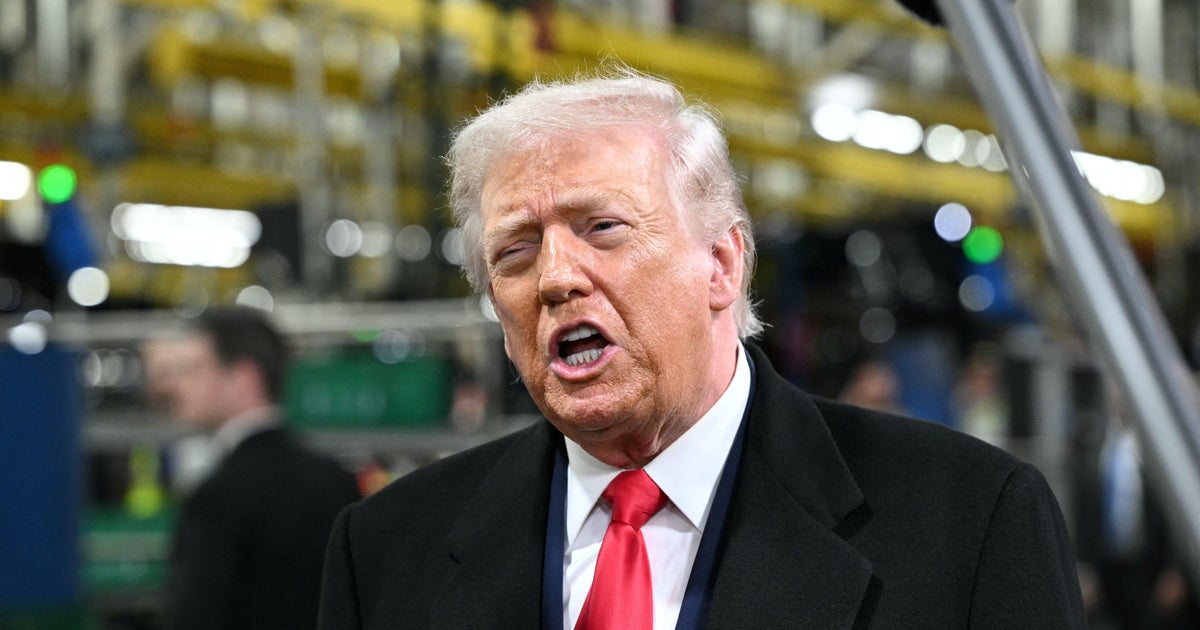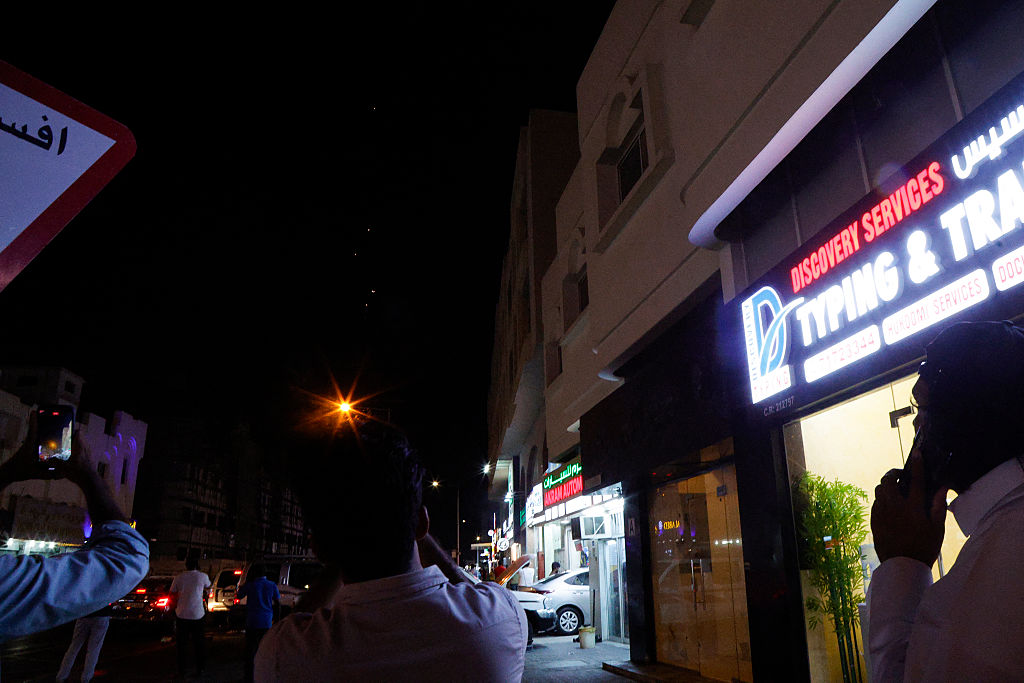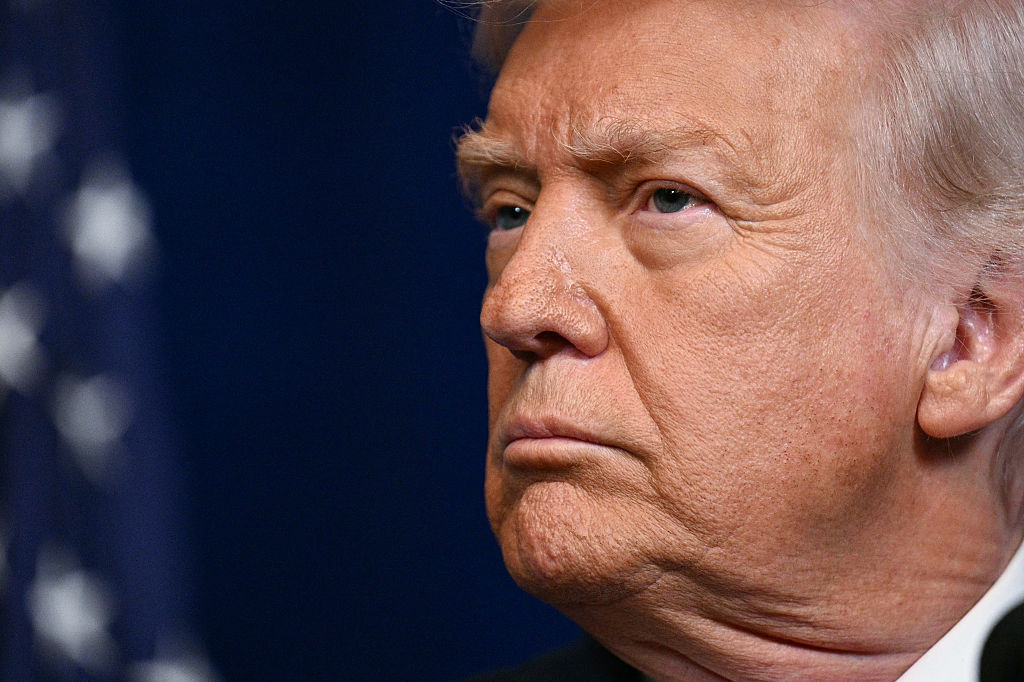Deep skepticism among U.S. allies and lawmakers on Iran threat
Washington -- American lawmakers on both sides of the aisle have called for caution -- and details -- over U.S. officials' assertions of a newly-elevated threat from Iran in the Middle East. CBS News senior national security correspondent David Martin reported Thursday that U.S. military officials insist they have pictures of Iranian boats carrying short-range ballistic missiles at the country's port of Chabahar, apparently waiting to be moved into position to strike targets on land.
The development comes amid fast-mounting tension with Iran after four oil tankers -- one from the United Arab Emirates, one from Norway, and two from Saudi Arabia -- were attacked near the Persian Gulf over the weekend. U.S. officials have said they believe the attack was carried out by Iranian combat divers.
Overnight, Iranian Foreign Minister Mohammad Javad Zarif said his country was not interested in a conflict, but would respond to threats against its national security.
"We believe that escalation of tension in the region is not in the interest of anybody," Zarif said. "Iran will not be the party beginning escalation, but we will certainly defend ourselves and respond."
Anwar Gargash, the foreign minister for the United Arab Emirates, told CBS News on Wednesday that his country was still investigating the tanker attacks, working alongside officials from the U.S., France and other countries. He said the results of the investigation were expected within days, and he would not speculate on Iran's culpability pending that outcome.
"I don't think it's in anybody's interest to see a flare up, a confrontation, with Iran," he said. "It's not in Iran's interest, it's not in the U.S. interest, and it's definitely not in our interest."
Gargash told CBS News he wasn't "aware of any specific threats in Iraq," after the United States pulled non-essential personnel and their families out of the country, which borders Iran, citing Iranian threats against Americans there. Iran's government backs militia groups that have fought U.S. troops in Iraq before.
"I think overall it is a very difficult situation currently with sanctions biting Iran and at the same time concerns about the Iranian reactions on these, through proxies," Gargash said.
In Washington, lawmakers from both sides of the congressional aisle were demanding details on the Iranian threats.
"I have no idea what the threat stream is beyond what I read in the paper," Sen. Lindsay Graham told reporters.
Democrat Chris Coons said members of Congress, "should be getting a briefing and we should be getting it before there are any more concerning developments in the region."
There is deep skepticism among U.S. allies, including Iraqis, about what is actually going on, said Martin, because trust has been lost under the current U.S. administration.
Britain's top military commander in the U.S.-led military coalition in Iraq to fight ISIS, Operation Inherent Resolve, said on Tuesday that the threat level in the region was not any worse than before.
"There's been no increased threat from Iranian-backed forces in Iraq and Syria," Maj. Gen. Chris Ghika said.
But a senior State Department official told CBS News, "this threat… is real."
Democrats have raised the specter of the 2003 invasion of Iraq, when the United States went to war on the false pretense that Saddam Hussein was hiding weapons of mass destruction.
"We were falsely led into a military engagement in Iraq, which was one of the biggest mistakes we've had in foreign policy," Sen. Amy Klobuchar, a Democrat, said on Wednesday.
On Twitter, President Trump dismissed reports of disagreements within the White House over how to respond to the recent intelligence as "fake news," and said he was confident "Iran will want to talk soon."
On Wednesday, the commander of Iran's elite Revolutionary Guards was quoted as saying, "we are on the cusp of a full-scale confrontation with the enemy."
